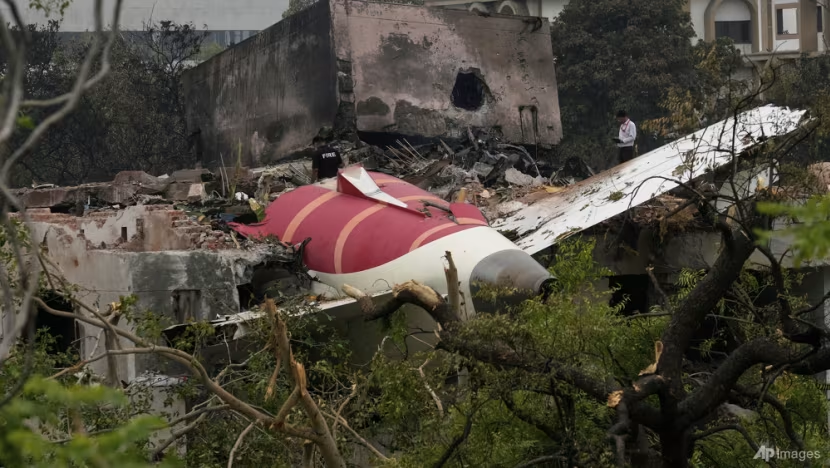Kano State was plunged into grief and disbelief on June 6, 2025, as a catastrophic fire tore through the iconic Farm Centre GSM Market, widely known as Dan Sulaika Plaza.
What should have been a day of jubilation and family celebration for Eid-el-Kabir instead turned into a nightmare for traders and residents alike.
Flames consumed hundreds of shops in a matter of hours, turning years of hard work and investment into ash.
The inferno broke out around midday, shortly after the Eid congregational prayers.
Most traders had temporarily closed their shops to observe the festival with loved ones, leaving the complex largely unattended.
Eyewitnesses reported a sudden burst of flames that rapidly spread through the densely packed market.
Preliminary findings by the Kano State Fire Service point to a potential electrical fault or an exploding phone battery as the cause, though a full investigation is ongoing.
Despite the swift response from the Kano State Fire Service, which deployed several fire trucks and emergency personnel, the flames proved relentless.
In total, over 47 shops across the ground and first floors were completely destroyed.
These businesses primarily dealt in mobile phones, accessories, and electronic repairs, compounding the financial magnitude of the loss.
Early estimates suggest damages exceeding ₦100 billion, with individual losses ranging from ₦20 million to over ₦500 million.
Miraculously, no lives were lost in the incident, however, the emotional and economic toll has been profound.
As the smoke cleared, traders returned to the charred ruins of their livelihoods, some collapsing in grief while others sifted through the debris in a desperate search for salvageable goods.
Videos and photos from the aftermath show heart wrenching scenes of despair, underscoring the need for urgent support and long term intervention.
In response, the Kano State Government has extended its condolences and pledged immediate assistance.
Deputy Governor Aminu Abdussalam Gwarzo visited the site on behalf of Governor Abba Kabir Yusuf, offering words of comfort and promising that affected traders would not be left to suffer alone.
A high level committee has been constituted to investigate the incident thoroughly, assess the extent of damage, and also formulate recommendations to prevent similar tragedies in the future.
Support has also poured in from national figures and traditional leaders. Deputy Senate President Barau I. Jibrin pledged financial and material aid, while the revered Emir of Kano, Muhammadu Sanusi II, visited the site and donated ₦10 million to support recovery efforts.
Various civil society groups and market associations have also mobilised resources and are advocating for transparency in the distribution of relief funds. The disaster has reignited critical discussions about fire safety in Nigerian markets.
Experts and stakeholders are highlighting the chronic lack of fire safety infrastructure in major commercial centres across the country.
In the case of Dan Sulaika Plaza, traders noted the absence of functional fire extinguishers, inadequate emergency exits, and a lack of routine safety inspections. These oversights have prompted calls for urgent regulatory reforms.
Market unions and safety advocates are urging the government to enforce stricter building codes, mandate regular fire drills, and as well, equip the markets with essential fire-fighting resources.
Additionally, there are calls for capacity building initiatives that would educate traders on fire prevention and emergency response protocols.
Such measures, stakeholders argue, are essential for safeguarding the lives and investments of Nigeria’s small and medium business owners.
As the city of Kano begins the arduous process of recovery, attention now turns to rebuilding the lives of those affected.
The tragedy serves as a wake up call, highlighting the vulnerabilities in our market systems and the urgent need for coordinated, sustainable safety interventions.
While the pain remains raw, there is hope that this calamity will spark lasting change.
With the right support, oversight, and policy enforcement, Kano can rebuild stronger, ensuring that its markets remain not only hubs of economic activity but also safe spaces for all who trade and shop within them. The GSM Market fire-outbreak is more than a local tragedy; it is a national lesson.
A such a lesson that speaks to the voluminous importance of proactive governance, community resilience, and the shared responsibility of protecting public spaces. Let Kano’s loss be a catalyst for reform across Nigeria





















































































